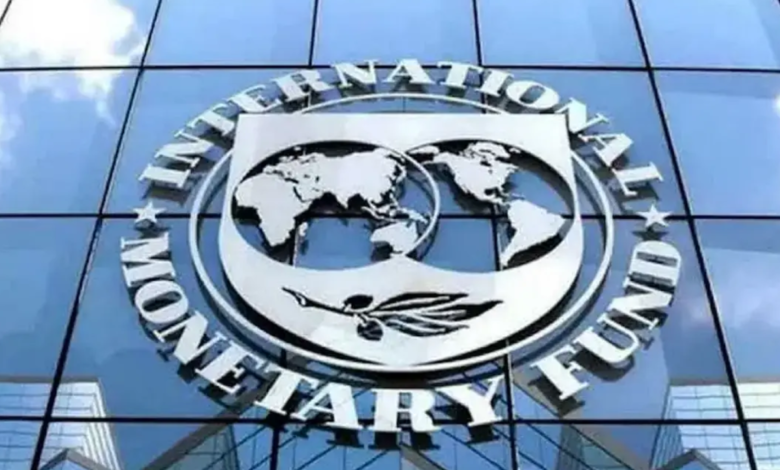Nigeria Slashes IMF Debt by 64% with $1.22 Billion Repayments
Tinubu Administration Makes Significant Strides in Debt Reduction Strategy

Nigeria has made some progress in reducing its International Monetary Fund (IMF) debt, paying off $1.22 billion over just nine months and decreasing its outstanding obligations by 64.42 percent.
The Debt Management Office’s external debt service reports reveal a repayment plan, with quarterly payments breaking down as follows: $401.73 million in Q4 2023, $409.35 million in Q1 2024, and $404.24 million in Q2 2024.
The debt originated from a $3.4 billion emergency financial assistance disbursed by the IMF in April 2020 during the COVID-19 pandemic. The loan, approved under the Rapid Financing Instrument, was designed to help Nigeria address the severe economic challenges triggered by the global health crisis and the sharp decline in oil prices.
The repayment schedule is meticulously structured, with the Tinubu administration expected to pay a total of $3.19 billion to the IMF. The repayment timeline demonstrates a carefully planned approach:
In 2024, Nigeria is set to pay $1.76 billion, comprising $1.64 billion in principal and $126.03 million in interest fees. The 2025 payment is projected at $865.27 million, with $816.13 million in principal and $49.14 million in interest.
The subsequent years 2026 and 2027 will see minimal payments of approximately $33.99 million each, exclusively covering interest fees.
The Central Bank of Nigeria (CBN) previously clarified the loan’s terms, describing it as a 5-year tenor facility with a two-year moratorium and an interest rate of one percent per annum. The CBN also assumed responsibility for loan repayments and associated charges.
Nigeria’s bold move to aggressively reduce its debt sends a strong message about its new approach to managing international financial obligations. By systematically paying off its IMF debt, the Tinubu administration is showing its dedication to responsible financial management and economic stability. This strategic move not only reduces Nigeria’s financial burden but also showcases its commitment to fiscal discipline, which is essential for driving economic growth and development.
The rapid repayment not only improves Nigeria’s international financial credibility but also potentially creates room for future economic investments and development initiatives. It represents a proactive approach to managing external financial commitments in a challenging global economic environment.



